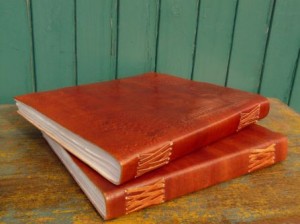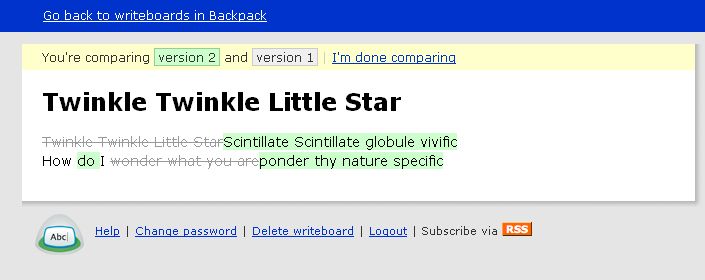I had my arm twisted last week to take part in a blog chain. Liz Broomfield, writer, editor, entrepreneur and author of five splendid non-fiction books, asked if she could tag me. All you have to do, she said, is answer four easy questions and then nominate someone else. Sounds painless, I thought, so here goes …
1. What are you working on?
It’s usual for me to have two or three writing projects on the go; I like being able to switch my focus from one to another if I’m feeling blocked.
At the moment I’m on the second draft of COMFORTS FOR THE TROOPS: a novel inspired by Cadbury women workers in WW1. I’ll be publishing this through my own imprint, Foxwell Press, later this year. I’ve begun researching another biography which I’m also hugely excited about, and looking forward to sharing more news about this very soon.
This month (March) I’ve been working with a BBC radio producer on a proposal for a Radio 4 documentary feature. Also, I’ve written my first ever script! WHEN WE SEE WINDMILLS is a 45-minute audio dramatisation of Beatrice Cadbury’s perilous journey to Holland on board a convoy ship during WW1. There’s zero chance of this actually being commissioned for Radio 4 (they are full to bursting with WW1 programmes) but as I’d love to write for radio I’m pleased to have a ‘calling card’ script under my belt.
2. How does your writing differ from others in its genre?
Let me pick biography as a genre. My readers are the best people to say how my writing compares to or differs from other biographers. However, I *do* think you need to be clear about your intentions as a writer. My rules are broadly these:
- be truthful; be curious; don’t be salacious.
- tell the best story you can: one that entertains whilst informing, and maybe – just maybe – inspires.
- find the driving question behind the story.
- honour your natural writing voice; don’t be hung up on some external ideal about how biography should be written; simple and elegant prose is all you need.
The most gratifying moment is to meet someone who tells me they’re “not really a reader”, but that they’ve read and enjoyed my books.
3. Why do you write what you do?
I write factual, fact-inspired AND fictional stories because I’m profoundly interested in people. Someone once said to be a writer is to be a lifelong student of human psychology. People are wonderful, surprising, perplexing, highly irrational – they do things that fly in the face of logic and rational thought! I find this fascinating so perhaps I write to explore and understand human nature.
Writing biographies can create an excellent talking point. It’s like being at a party, saying, “Let me introduce you (the reader) to this person. I think you’d find her/him interesting.”
4. How does the writing process work for you?
I do a lot of daydreaming at the start – ruminating, thinking, processing ideas. Does this work? Does that work? What am I actually investigating here? I write down notes and put them in a box.
I do first drafts on my NEO, a very low-tech word processor, and then send it to my Mac for editing, where I use a combination of Pages and a software program called Storyist (it has the same functionality as Scrivener). I print out the first draft and go somewhere away from home to read it through in one sitting. I’m an adder so what I have is more of an outline, which I layer and layer, building up description, depth of character, plot nuances and so on until I arrive at the required length. Then I usually need to strip back again by a couple of thousand words. That makes it sound very neat but of course it’s a lot more chaotic and mysterious than that.
Nominations
I’d like to invite my writing chum, the original and thought-provoking writer Rob Ronsson, whose marvellous book NO MEAN AFFAIR was published by Foxwell Press in 2012. Over to you, Rob!






